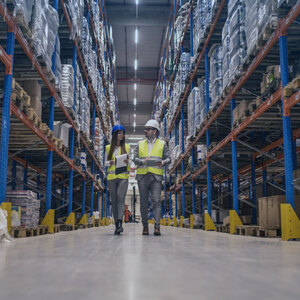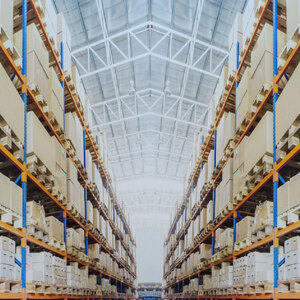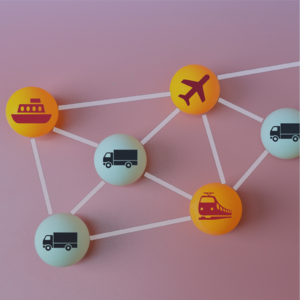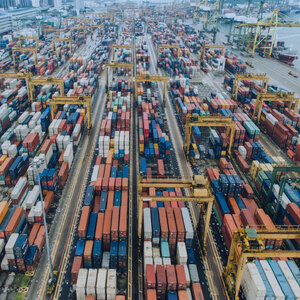
For several years now, supply chains around the globe have been under pressure. Disruptions in global trade have resulted in bottlenecks that prevent logistics from running smoothly. Will bottlenecks in 2023 be a reality?
Over the past two years, several events on a global scale have coincided, such as the COVID-19 pandemic or the war in Ukraine, resulting in a truly abnormal situation that hinders the normal supply of companies and markets.
What will happen in 2023 with international supply chains?
Over the past two years, restrictions adopted by governments and institutions worldwide to protect their citizens from the pandemic had consequences for production on a global scale. Closed factories, lack of supplies, and an avalanche of COVID-19 casualties have been some of the major problems in 2020 and 2021.
According to a study published by the International Monetary Fund, signed among others by its Managing Director, Kristalina Georgieva, these "obstacles" could have reduced the euro zone's GDP by more than 2%. But the "industrial disaster" has not hit all the countries of the European Union equally. This report shows which countries have been hardest hit by supply chain bottlenecks. This is the case of Germany and the Czech Republic, where figures of around 14% have been reached. In the case of Spain, bottlenecks have caused losses of around 3%.
The IMF proposes tax regulation measures to alleviate these bottlenecks. But above all, it calls on the European Central Bank to continue to communicate how it will react to rising prices.
¿Why has Spain fared better than Germany?
The authors of the International Monetary Fund publication put this down to the fact that: "The drag on output was greatest in countries where manufacturing firms operate within global value chains and rely on highly differentiated intermediate processes". Furthermore, examples of the sectors most affected by this event include the automotive, arms, and textile industries.
Over the last fifty years, the globalization trend has led to value chains becoming increasingly fragmented in different parts of the world. Moreover, this is one of the key aspects when it comes to understanding the problem that globalization faces with bottlenecks in 2023.
Besides, until almost two years ago, the main criterion was efficiency. In an attempt to meet this criterion, total production was decentralized, thus reducing costs by operating in countries with cheaper labor and resources.
So how can we avoid these bottlenecks in 2023?
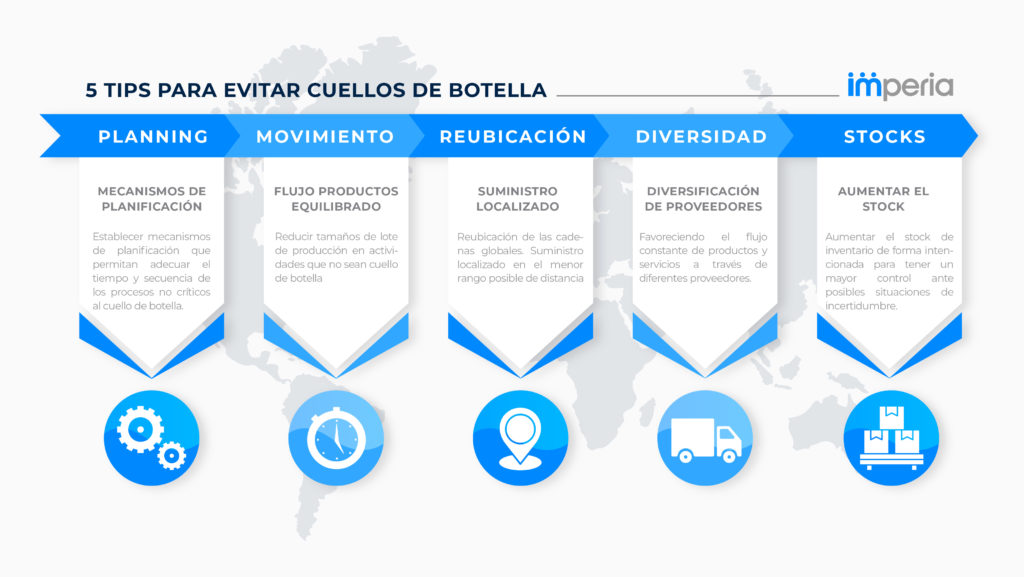
Experts agree that one of the most important points to be strengthened in supply chains around the world is resilience. The meaning can be translated into the ability of supply chains to continue production despite market shortages of certain products or services needed in the process. Therefore, integrated planning of the entire process is essential. The main measures that stand out are:
- Establish planning mechanisms to match the timing and sequence of non-critical processes to the bottleneck.
- Ensure that the flow of products (and not the capacity) is balanced. To this end, production batch sizes should be reduced in activities that are not bottlenecks, since their capacity reduction will not affect the system's production capacity (which is determined by the bottleneck).
- Relocation of global chains. The supply chain must be located in the shortest possible distance to reduce costs and potential supply problems.
- Diversification of suppliers, thus avoiding possible monopolies in certain sectors and favoring the constant flow of products and services through different producers.
- Intentionally increasing the stock of inventory to have greater control in the face of possible situations of uncertainty.
These are some tips, but the reality is that the problem is very complex and there are many solutions, in our article: "4 keys to identify and exploit bottlenecks in your supply chain" you can find more detailed information to remedy such problems.
Are we on the verge of so-called " deglobalization"?
Everything points to the fact that we are on the road to a new balance, where efficiency objectives will be combined with the consideration of other equally important aspects such as resilience, security, and ethical aspects in the control of critical sectors for the economy.
Diego A. Cerdeiro, N.-J. H. H. (2022, enero 6). EL DESAFÍO DE LAS CADENAS DE SUMINISTRO. Imf.org. https://www.imf.org/es/Publications/fandd/issues/2022/06/the-stretch-of-supply-chains-B2B
Mártil, I. (2021, diciembre 10). Fotolitografía, el cuello de botella de la fabricación de chips. Público. https://blogs.publico.es/ignacio-martil/2021/12/10/fotolitografia-el-cuello-de-botella-de-la-fabricacion-de-chips/
Pellicer, L. (2022, febrero 17). El FMI advierte de que los cuellos de botella en la producción amenazan con prolongarse hasta 2023. Ediciones EL PAÍS S.L. https://elpais.com/economia/2022-02-17/el-fmi-advierte-de-que-los-cuellos-de-botella-en-la-produccion-amenazan-con-prolongarse-hasta-2023.html


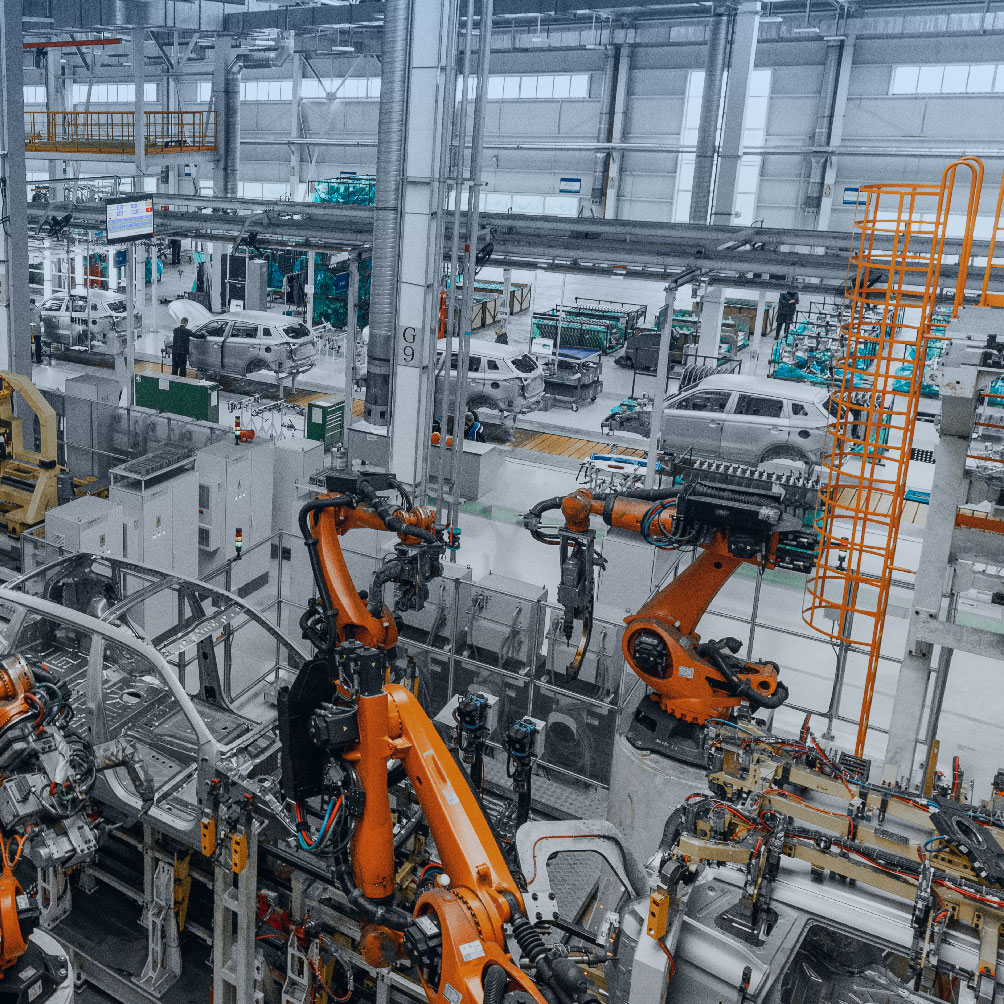



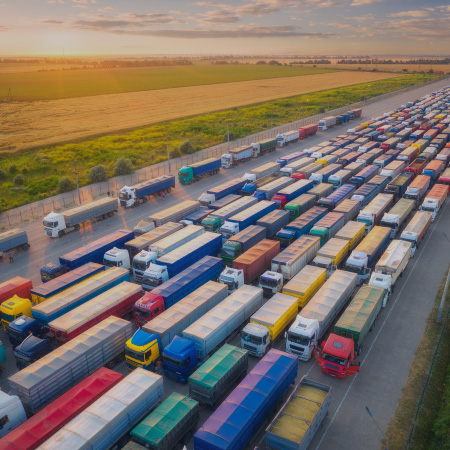

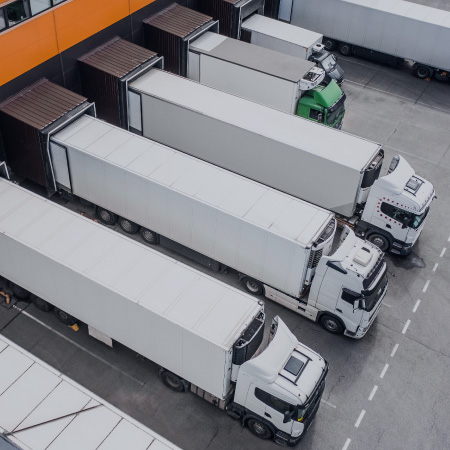













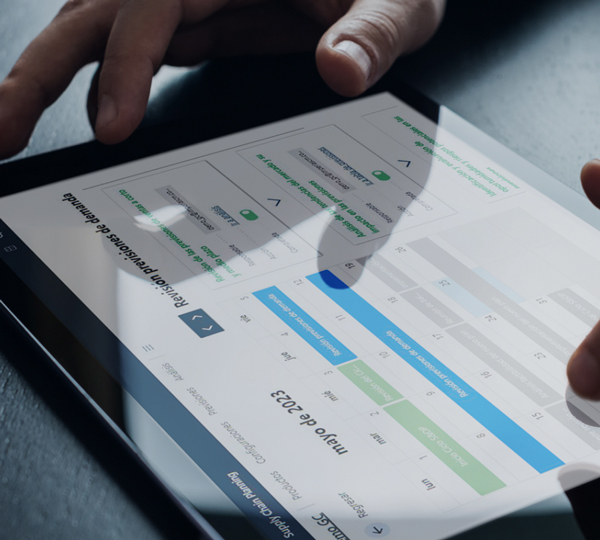



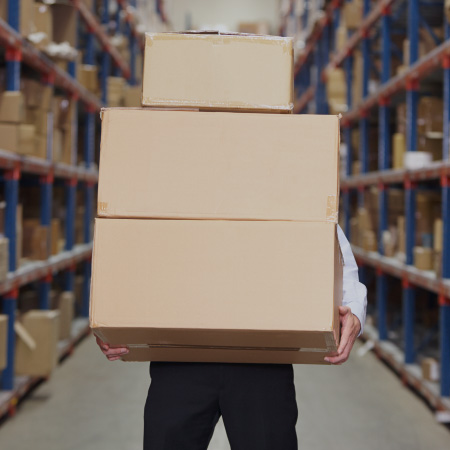


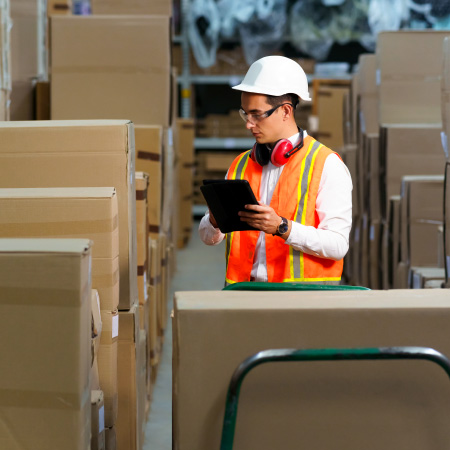




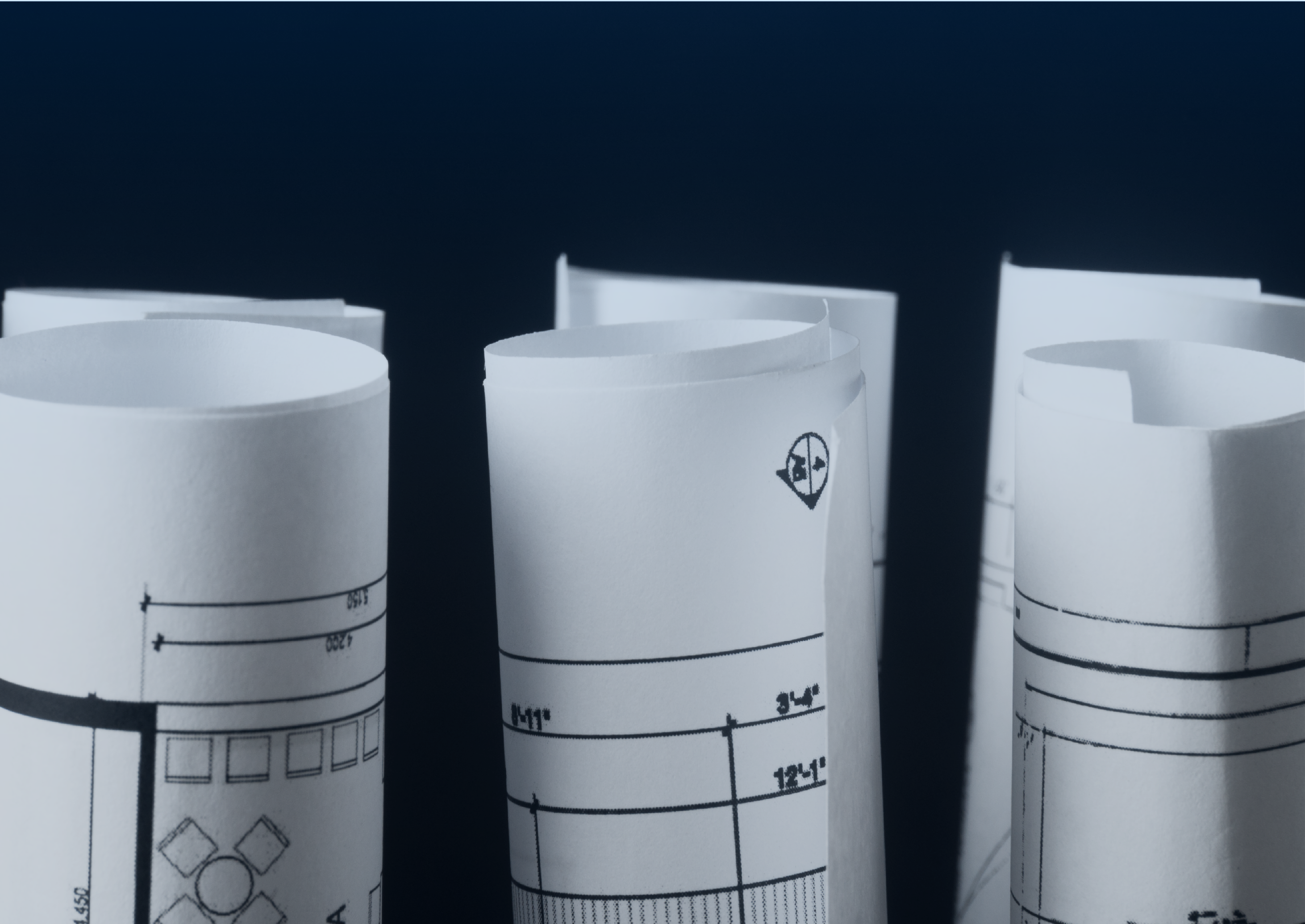

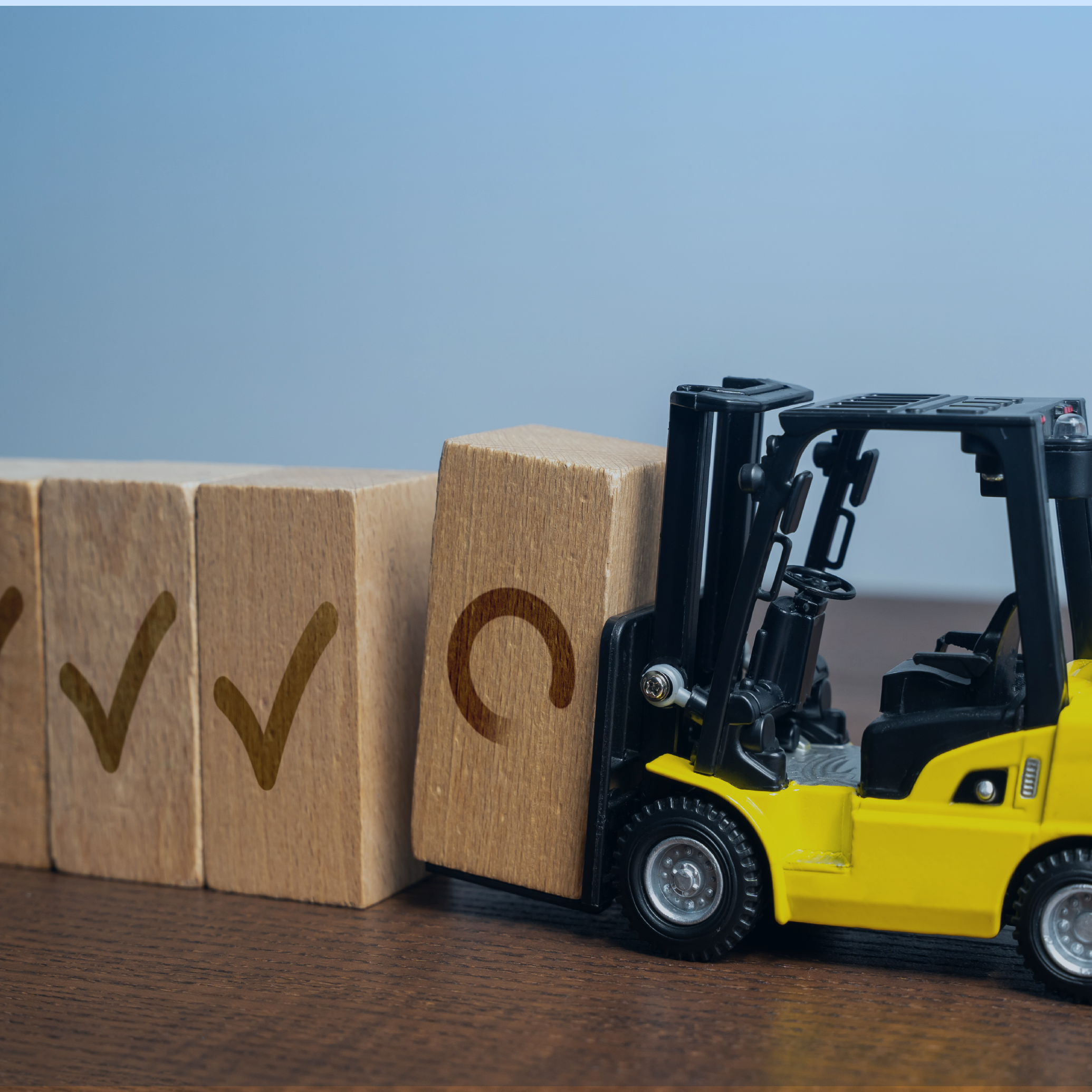


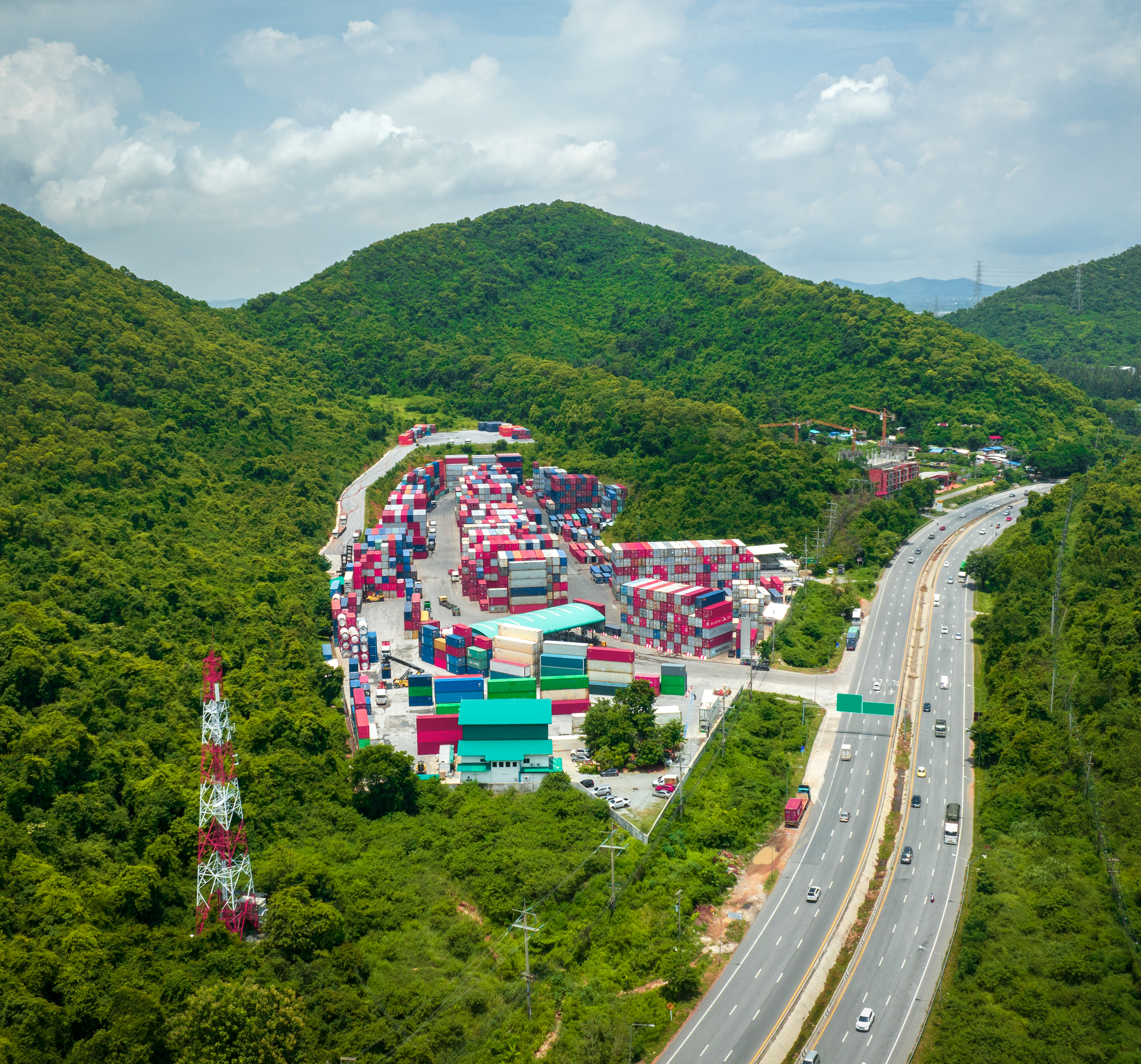



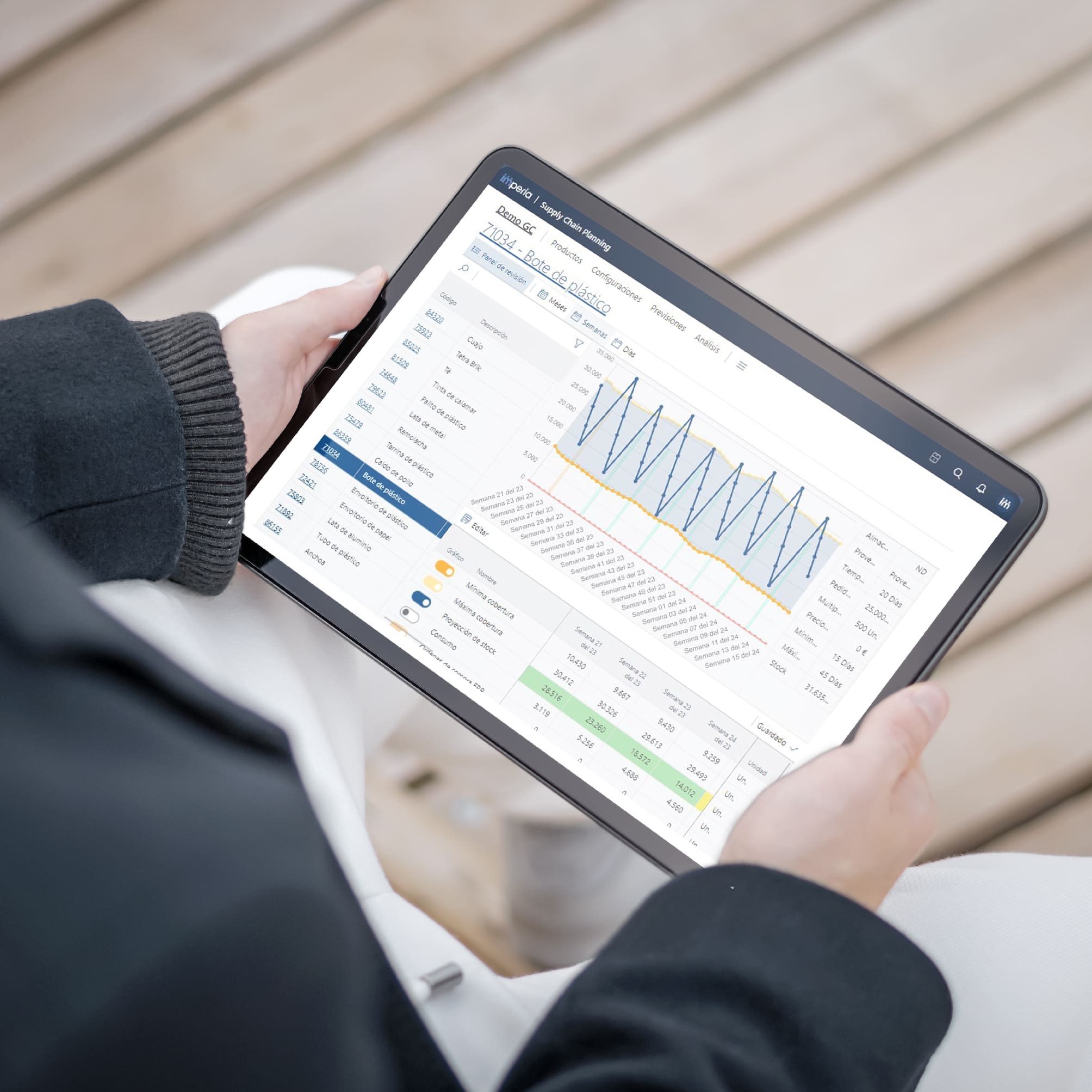

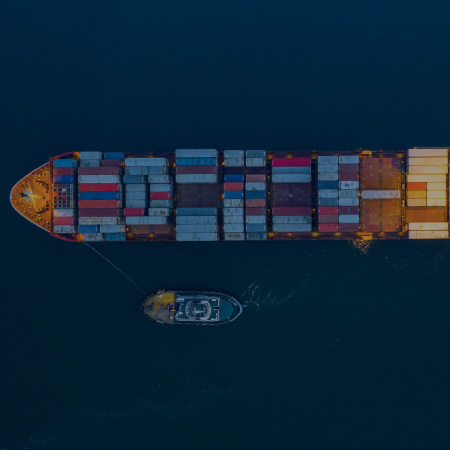
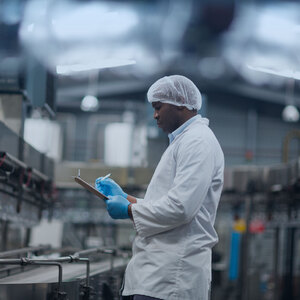



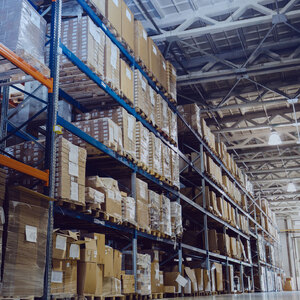


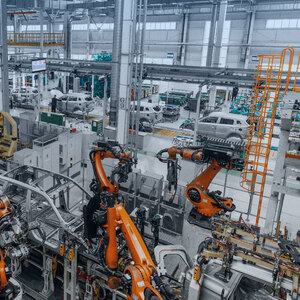





 Imperia_thumbnail.jpg)


